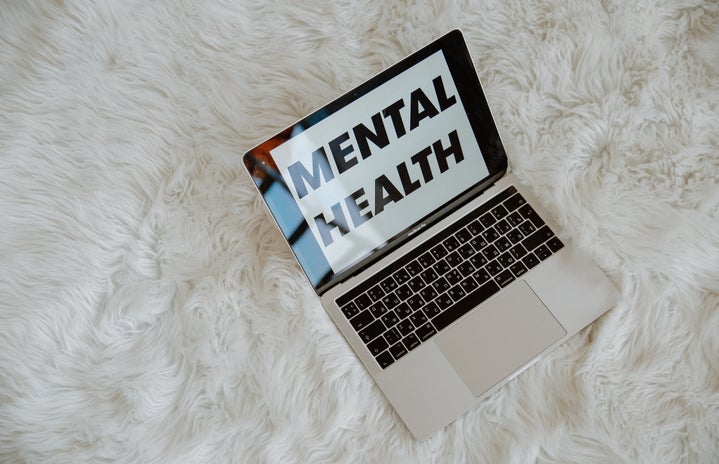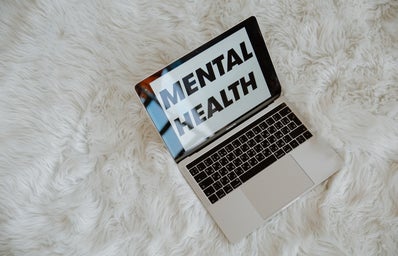I’ve been suffering with mental health issues, particularly anxiety and depression, for quite some time now. Lately, there’s definitely been more attention on mental health, and people have been taking it much more seriously. However, like anything and everything out there, the work is never over. When I bring up my anxiety or depression, I’ve noticed some people get uncomfortable or don’t know what to say. There’s nothing wrong with that, and I never want to fault anyone for not knowing what to say, which is why it’s important to talk about.
Often, those who don’t suffer from anxiety, depression, or another mental health illness have a harder time grasping what it means and feels like. When people are not educated on a certain topic, they can’t be blamed for their views to a certain extent — it’s not malicious; they just aren’t aware. People forget that a mental health issue is just as important as a physical body issue. For example, if someone caught a cold, most people would react by calling in sick to work, taking lots of rest, and maybe even getting family or friends to help them out. Others around you may say “get better soon” and potentially make some comforting food for you. However, if this cold happens to be a depressive episode or a panic attack, their reactions are drastically different. When I’m in a depressive episode and having a hard time getting out of my house, let alone my bed, I’ve had people tell me, “Oh, you should just go out; you’ll feel better.” Or, if I’m stressing out and having a panic attack, people have said, “Don’t stress, everything will be alright.” In reality, that’s like telling someone who’s had a cold, “Stop having a cold, it’ll be okay.” From the context of a physical illness, that sounds completely absurd — the truth is, when your mind is in a bad place, it’s just as absurd hearing these things. (If you’ve said any of these things, just know that my intention is never to make you feel bad or call you out. My intentions are to spread awareness and educate people for the future.)
To leave you off with some food for thought, maybe try and have conversations with your friends and family who deal with various mental health issues. Try asking them about how best you can support them, because everyone is different. Someone with depression may disagree with me and say they don’t mind someone telling them to get up and go outside. Sometimes, all it takes is a simple “I don’t understand what you’re going through because I’ve never gone through it, but I’m all ears.” My support system has not been perfect, and I know I can never expect perfection. However, through hours of communication, disagreements, and ups and downs over the years, I am much more than grateful for the support I have.
If you’re someone who suffers from any mental health issues, I just want to say that you’re not alone, even though our brains make us feel that way. Every person’s mental health problem presents itself in its own unique way, and a lot of times, you can’t even tell from the outside. So, remember to treat everyone with kindness, because you never know what they’re going through — and it always feels better to be kind.


